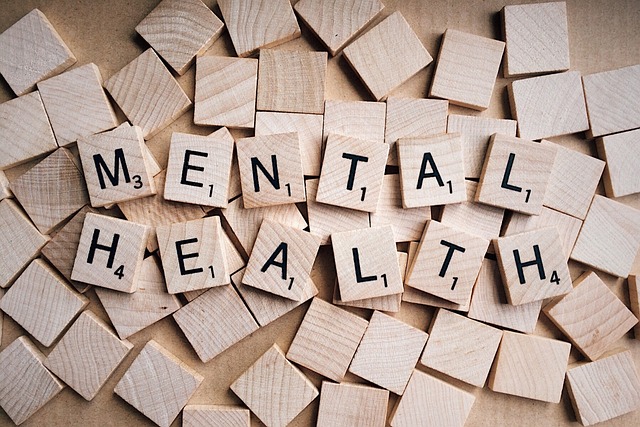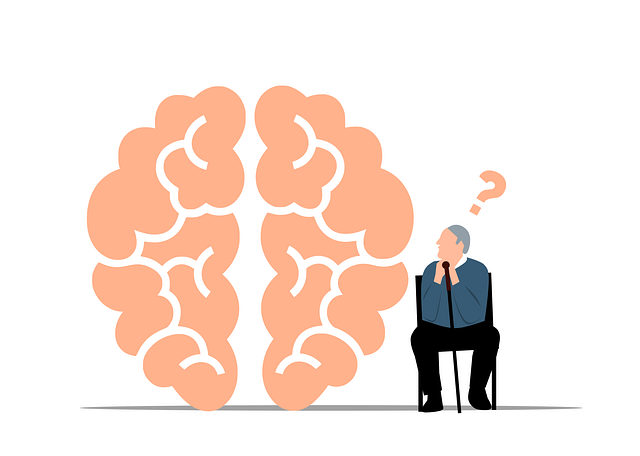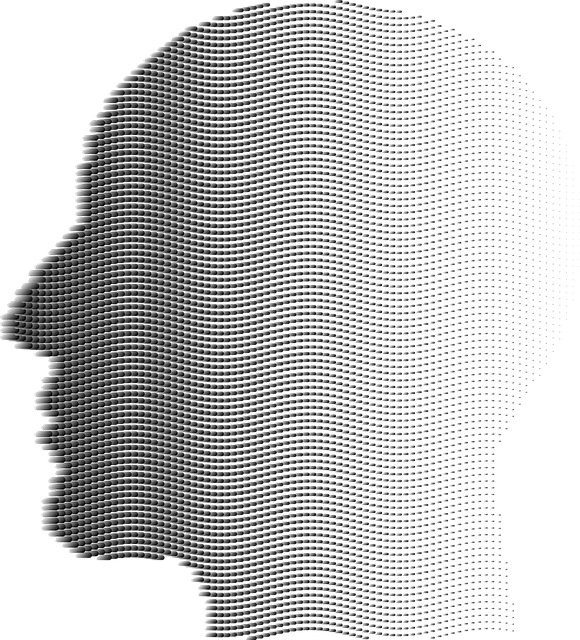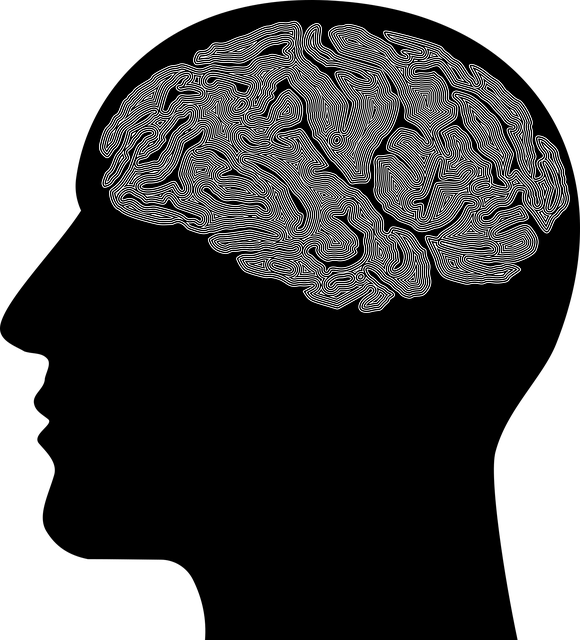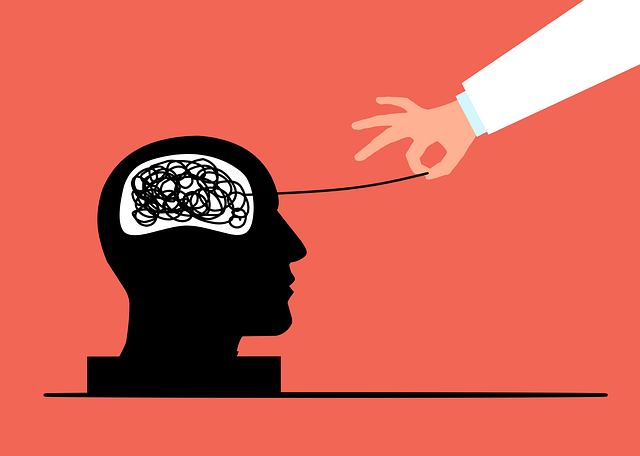Anxiety disorders significantly affect adults' daily lives, causing worry and intrusive thoughts leading to physical and emotional distress. Cognitive Processing Therapy (CPT) offers an effective approach by targeting negative thought patterns, reducing anxiety symptoms, and improving mental well-being. This structured therapy equips individuals with stress reduction methods and enhances resilience, preventing burnout and promoting a higher quality of life. Incorporating mindfulness, relaxation techniques, regular exercise, balanced diets, and strong social support networks are key components for effective anxiety management in today's fast-paced world, complementing Therapy for Adults like CPT.
Anxiety disorders affect a significant portion of adults, impacting their daily lives and overall well-being. This article provides a comprehensive guide to managing anxiety through various effective techniques. We explore cognitive processing therapy (CPT), a step-by-step approach to challenge negative thought patterns. Additionally, we delve into mindfulness practices, lifestyle changes such as exercise and diet, and the power of social support for adults seeking to overcome anxiety.
- Understanding Anxiety Disorders and Their Impact on Adults
- Exploring Cognitive Processing Therapy (CPT): A Step-by-Step Guide
- Incorporating Mindfulness and Relaxation Techniques in Daily Life
- Lifestyle Changes for Better Mental Health: Exercise, Diet, and Sleep
- Building Social Support and Practicing Self-Care for Anxiety Management
Understanding Anxiety Disorders and Their Impact on Adults

Anxiety disorders are a significant concern for many adults today, affecting their daily lives and overall well-being. These disorders go beyond fleeting feelings of nervousness or worry; they are characterized by persistent, excessive, and intrusive thoughts that can interfere with an individual’s ability to function normally. Common types include generalized anxiety disorder, panic attacks, social anxiety, and obsessive-compulsive disorder (OCD). The impact on adults is profound, often leading to physical symptoms like increased heart rate, insomnia, fatigue, and muscle tension, as well as emotional distress and a diminished quality of life.
Cognitive processing therapy (CPT) has emerged as an effective treatment for these conditions. CPT leverages the mind over matter principles, focusing on identifying and modifying negative thought patterns and beliefs that contribute to anxiety. By challenging unhelpful cognitive distortions and encouraging positive thinking, adults can manage their symptoms more effectively. This approach not only helps in burnout prevention but also empowers individuals to develop coping strategies that enhance resilience and overall mental health.
Exploring Cognitive Processing Therapy (CPT): A Step-by-Step Guide

Cognitive Processing Therapy (CPT) is a structured and goal-oriented approach designed to help adults manage anxiety by modifying negative thought patterns. This therapy involves several steps, beginning with identifying specific fears or worries that trigger anxiety symptoms. Once these triggers are recognized, clients work collaboratively with their therapists to challenge and replace irrational thoughts with more realistic and balanced ones.
The process is step-by-step: first, the therapist educates the individual on cognitive processing principles, followed by assessment to understand their unique thought patterns and beliefs. Next, the therapist guides them through a structured series of exercises aimed at challenging negative thoughts, modifying underlying beliefs, and developing more adaptive coping strategies. This often involves homework assignments and regular practice to integrate new ways of thinking into daily life. Over time, CPT helps individuals develop better stress reduction methods and enhance their mental wellness, as they learn to navigate anxiety-provoking situations with greater ease.
Incorporating Mindfulness and Relaxation Techniques in Daily Life

Incorporating mindfulness and relaxation techniques into daily life can significantly contribute to effective anxiety management. Cognitive Processing Therapy (CPT), a form of therapy for adults, emphasizes the power of changing one’s thoughts and perceptions to reduce anxiety. By practicing mindfulness, individuals learn to focus on the present moment, observing their thoughts and emotions without judgment. This simple yet profound practice helps in disengaging from anxious thoughts and fostering a sense of calm. Relaxation techniques, such as deep breathing exercises and progressive muscle relaxation, are also essential tools in managing anxiety. These methods activate the body’s natural relaxation response, countering the physiological effects of stress and promoting mental clarity.
For mental health professionals, integrating these practices into their Risk Management Planning is vital for their well-being and effectiveness. Mind over matter principles underscore the importance of cultivating a positive mindset and adopting healthy coping mechanisms. Mental Health Awareness, when coupled with regular mindfulness practice, enables individuals to recognize early signs of anxiety and take proactive measures. Ultimately, by seamlessly incorporating these techniques into daily routines, one can enhance overall mental health and resilience against anxiety.
Lifestyle Changes for Better Mental Health: Exercise, Diet, and Sleep

In today’s fast-paced world, prioritizing mental wellness is paramount for adults seeking to manage anxiety effectively. One of the most effective lifestyle changes for enhancing mental health involves integrating regular physical activity into one’s routine. Exercise not only releases endorphins that boost mood but also promotes better sleep and reduces stress levels. Incorporating activities like walking, yoga, or even a high-intensity workout can significantly lower anxiety symptoms and foster a sense of calm.
In addition to exercise, diet plays a crucial role in mental wellness. A balanced diet rich in fruits, vegetables, whole grains, and lean proteins supports overall health and cognitive function. Reducing intake of processed foods, sugary snacks, and excessive caffeine can lead to more stable moods and improved energy levels. Combining these dietary changes with adequate sleep—aiming for 7-9 hours per night—establishes a solid foundation for practicing self-care and positive thinking, which are essential components of therapy for adults seeking to overcome anxiety through cognitive processing therapy or other mental health treatments.
Building Social Support and Practicing Self-Care for Anxiety Management

Building a strong social support system is an integral part of anxiety management. Reaching out to family and friends can provide comfort and help reduce feelings of isolation. Engaging in open communication strategies allows individuals to express their struggles and receive empathy, fostering a sense of belonging. Support groups, where members share similar experiences, offer a safe space for connection and understanding, promoting positive thinking and stress reduction methods.
Self-care practices are equally vital for managing anxiety. This involves adopting healthy habits such as regular exercise, sufficient sleep, and balanced nutrition. Incorporating relaxation techniques like mindfulness meditation or deep breathing exercises can help calm the mind and body. Additionally, setting boundaries and learning to say no to overwhelming commitments enables individuals to prioritize their mental health, making room for therapy for adults or cognitive processing therapy to address underlying issues effectively.
Anxiety disorders are common yet manageable conditions that significantly impact adults’ daily lives. By understanding these disorders and their effects, individuals can take control of their mental health. Incorporating various techniques like Cognitive Processing Therapy (CPT), mindfulness, relaxation, lifestyle adjustments, social support, and self-care creates a comprehensive strategy for anxiety management. This holistic approach enables adults to effectively cope with anxiety, enhance their overall well-being, and lead more fulfilling lives. SEO keywords: Therapy for Adults, Cognitive Processing Therapy.
